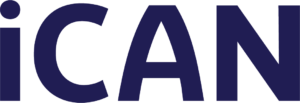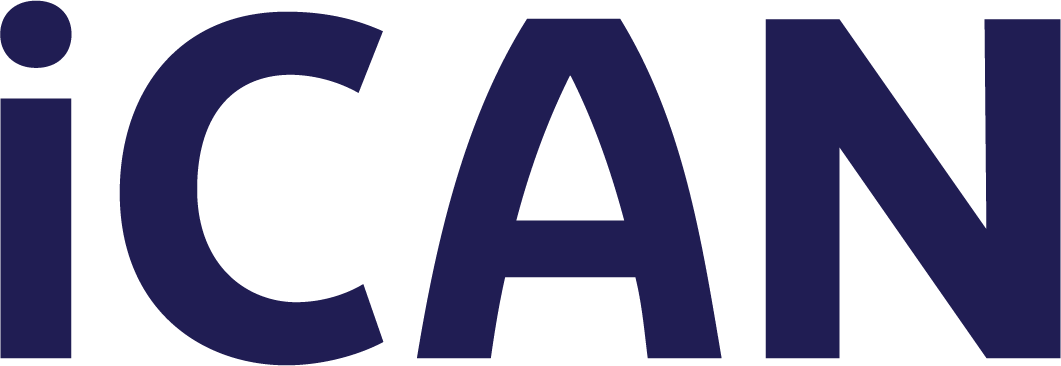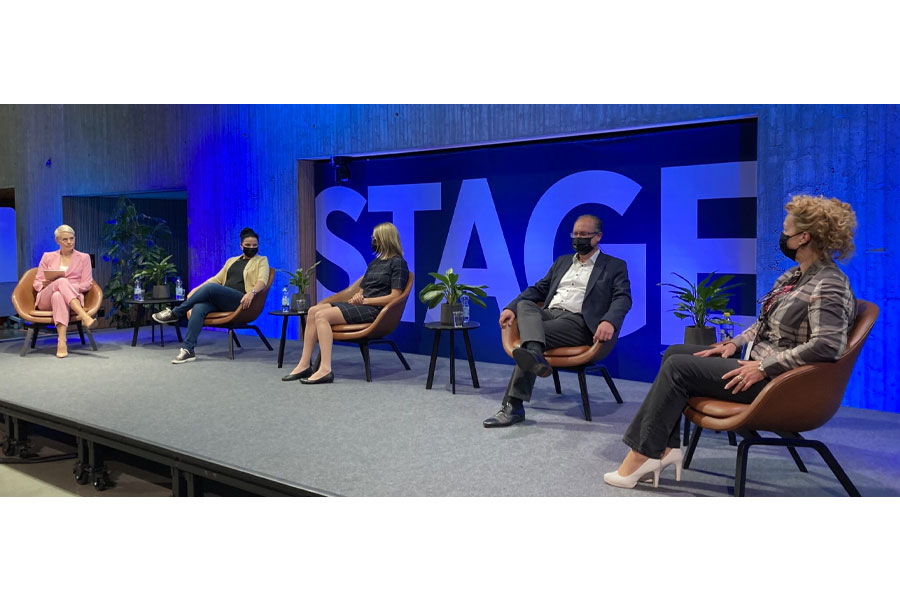Blog: cancer research as a common cause
On 8 September 2021, iCAN organised the event Cancer touches everyone – Towards more personalised cancer care with genetic information, together with the Finnish Cancer Patients Association, Helsinki Biobank and the Finnish Cancer Institute Foundation. The event is still available for viewing on the Tiedekulma website. iCAN’s Patient and Citizen Engagement Advisory Board POTKU Chairman Matti Santalahti recorded his thoughts on the event in a blog post.
From biobank to government – cancer research as a common cause
As a cancer patient, I was excited for future generations of patients: there are many players involved in cancer research and there is a definite direction of development. Research is involving and touching a surprisingly large number of people. This was discussed in the Science Corner in September 2021 at the event “Cancer touches everyone – Genomics towards more personalised cancer care”. Representatives from research, doctors, patients and government were present.
Biobank – a necessary and necessary start. The biobank is considered invaluable for cancer research. Among other things, it enables a sufficiently large number of samples to be obtained for research. The further research leads towards personalised medicine, the more indispensable the biobank becomes. In the words of a scientist in the Science Corner: “The biobank is a goldmine for cancer research.”
Citizens – will benefit from genetic information. Gene-based medicine is taking its place in the treatment of many diseases – including cancer. It is good for the public to know what is at stake. A variety of gene-based services have also entered the market. The public needs to know the real value of individual commercial providers.
Developers – making it possible. Cancer research projects like iCAN enable new scientific breakthroughs. The biobank’s vast data resources are making it possible to discover, among other things, laws between cancer and healthy tissues and how genes influence cancer and its treatment. In addition to basic research, the Biobank will be joined by other high quality scientific support services: professional teams specialising in digitalisation, information technology, laboratory operations, etc. iCAN, for example, is a large network of national and international partners, in which HUS plays an important role.
Researchers – the foundation of everything. The large pool of researchers and studies is driven by a single-minded direction: personalised cancer care. For example:
- Targeted drugs are effective (only) in tumours with a specific genetic alteration.
- Dose adjustment: the clearance of certain chemotherapeutic agents from the body may depend on genetic characteristics.
Donors – the will to do good. The biobank is constantly in need of samples of blood tests and other specimens. Samples are needed from both patients and healthy citizens. I hope that more and more people will actively and on their own initiative want to do good and make a donation to the biobank. For cancer patients in particular, it is easy to provide a sample: a biobank sample is taken at the same time as the patient is visiting the laboratory prescribed by the doctor.
Pharmaceutical industry – developing to the point of completion. The road from today’s research to tomorrow’s medicines and treatments is a long one. As a result of drug development, the cancer patient of the future may receive a better drug, specifically suited to his or her genetic make-up.
Doctors – closer to research. There are doctors in the research teams. Doctors are also the group needed to translate the results of treatment research, for example, into practice. Genetics is already increasingly present in everyday clinical practice, even though wider genetic profiling is still in its infancy. For example, genetic information is also used to help assess a patient’s risk.
Patient organisations – life support for cancer patients. A patient organisation warmly offers support, information and hope to the patient. The world of research is also close to the patient organisation. Patient involvement in research projects is increasingly becoming a part of everyday life in cancer research, for example. Patients can thus play a role in improving future cancer care.
Funders – enablers. In Finland, foundations are an important source of funding alongside the state – the Academy of Finland.
Government – providing the broad framework. The STM’s aim is that as cancer treatment develops throughout the country, patients will be able to share in the benefits of research. It also aims to ensure that the future cancer care agenda includes not only personalised medication, but also personalised rehabilitation and other aspects of patients’ changed lives.
Cancer research as a common issue
Finland is on the way to becoming a model country for cancer care, and the government is working to support this development. A further common goal – for the whole country and its future cancer patients – is the geographical spread of research clusters such as iCAN.
In terms of legislation and operating conditions, the key issues for both the government and the cancer sector have been (and still are) the discussion in recent years on cancer centres, biobanking, genomics and secondary legislation.
The author, Matti Santalahti, is a long-standing patient activist and chair of iCAN’s Patient and Citizen Advisory Board.


